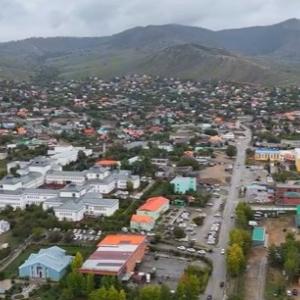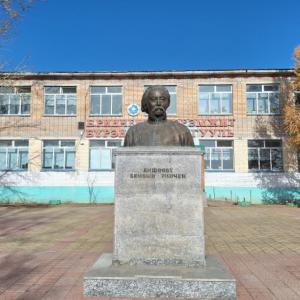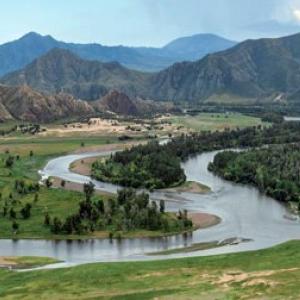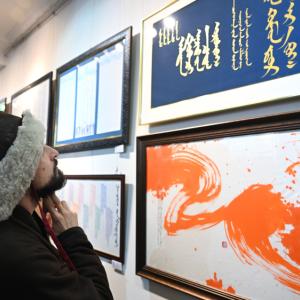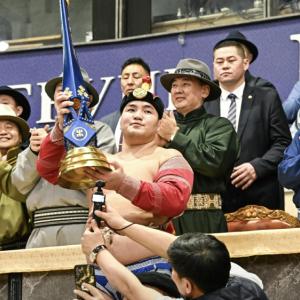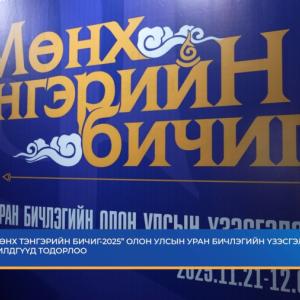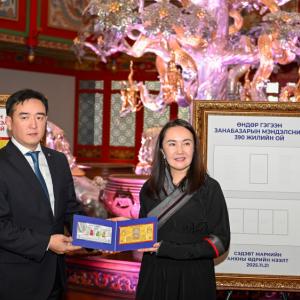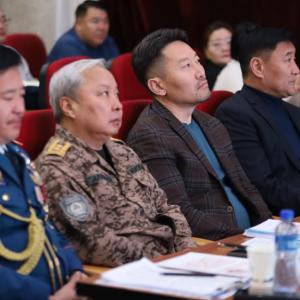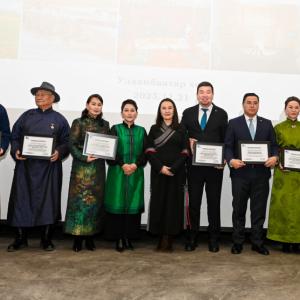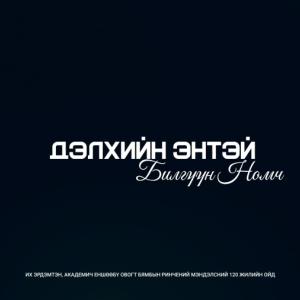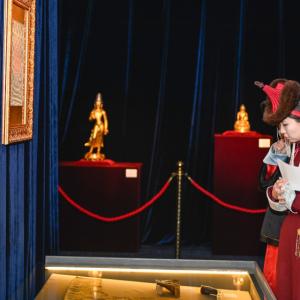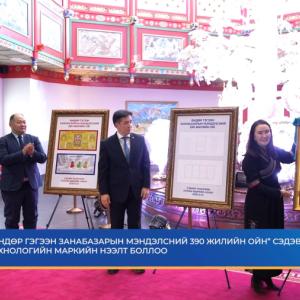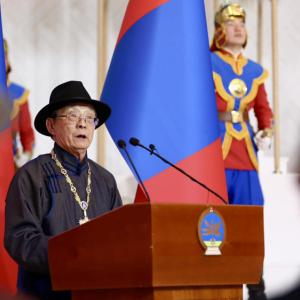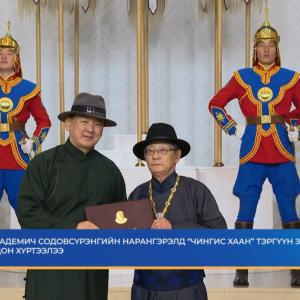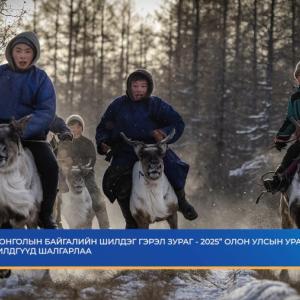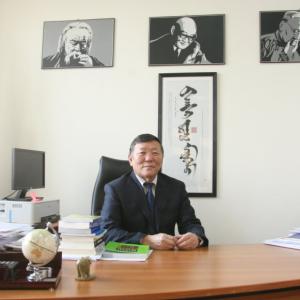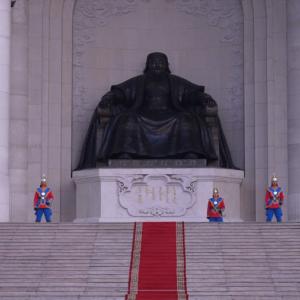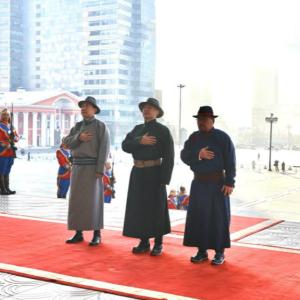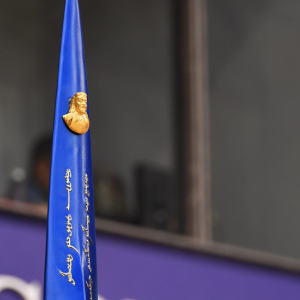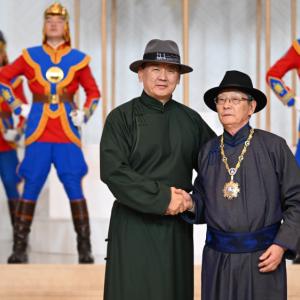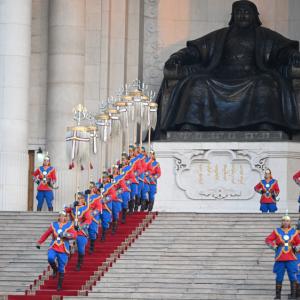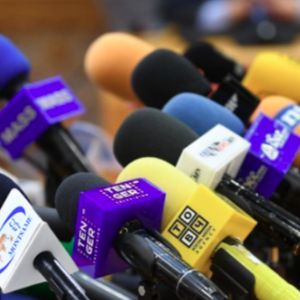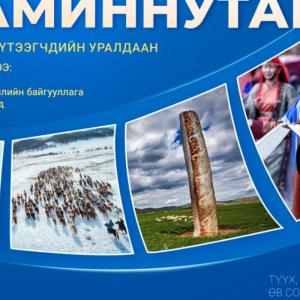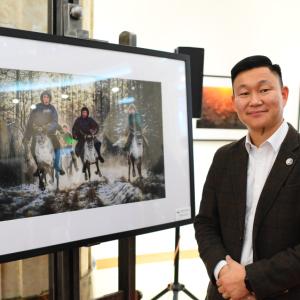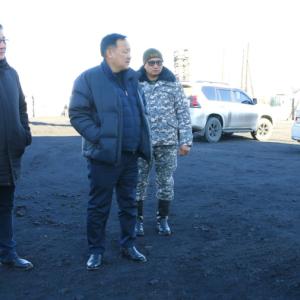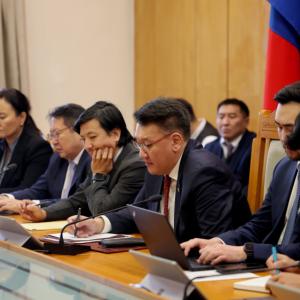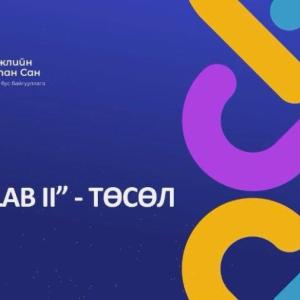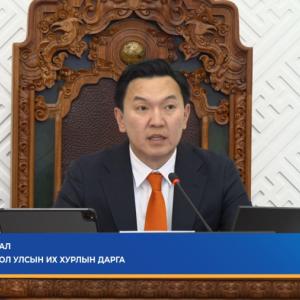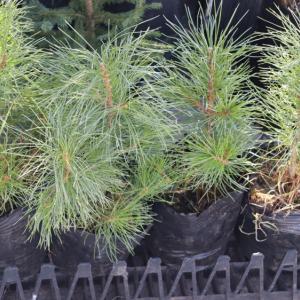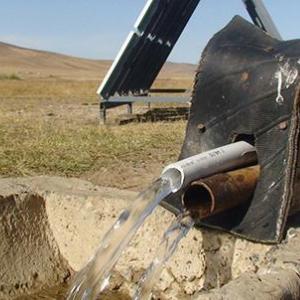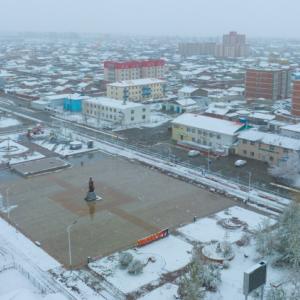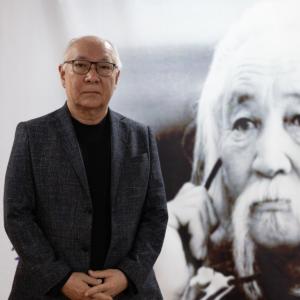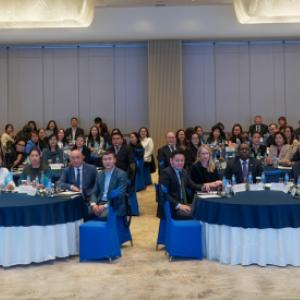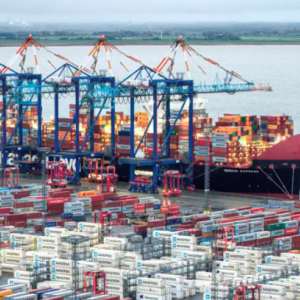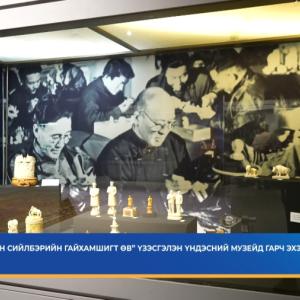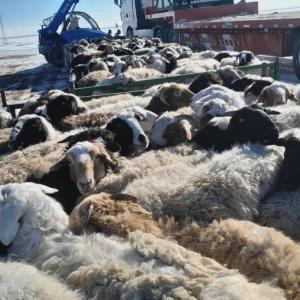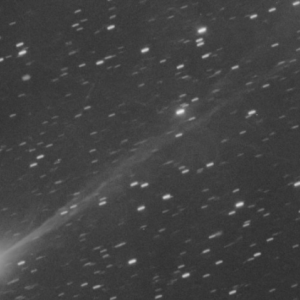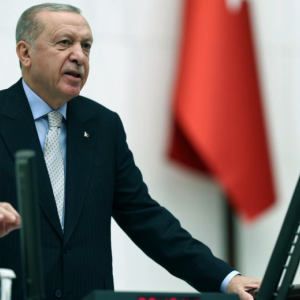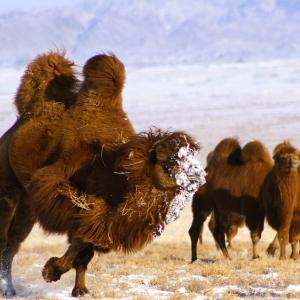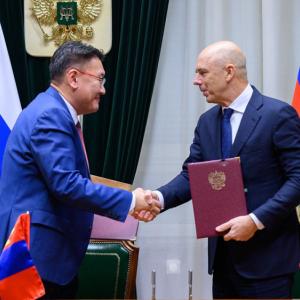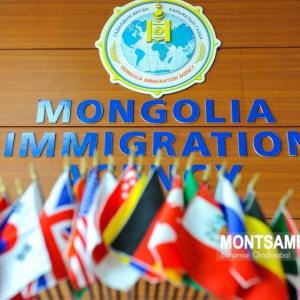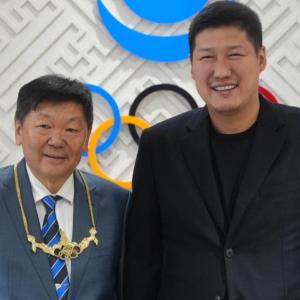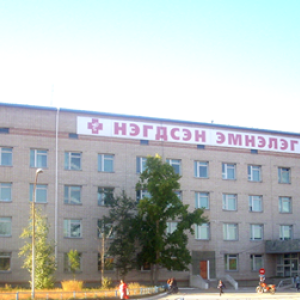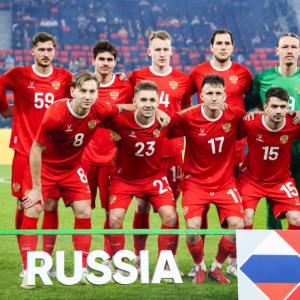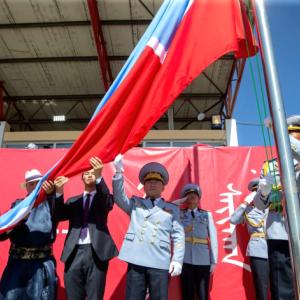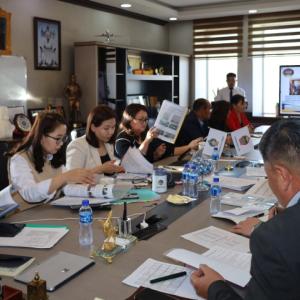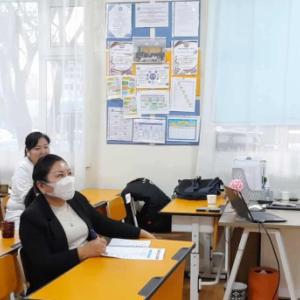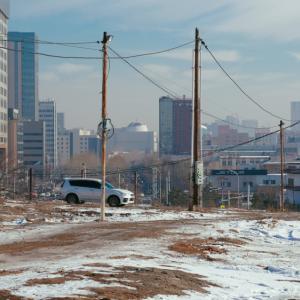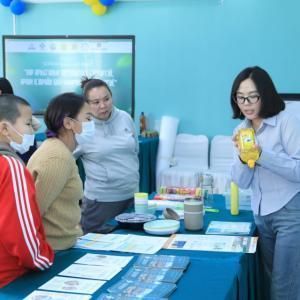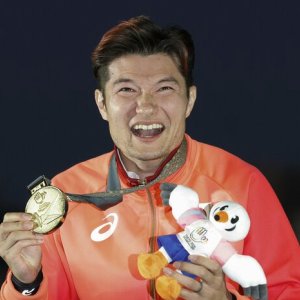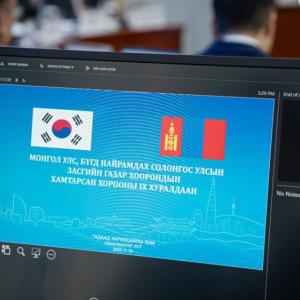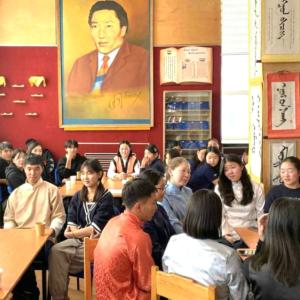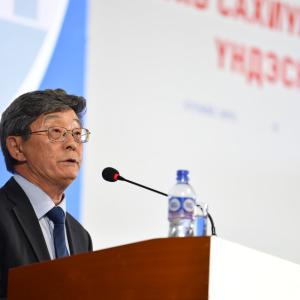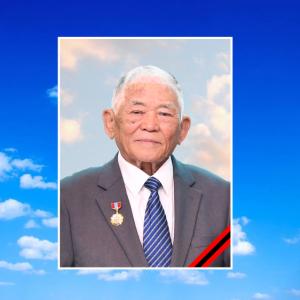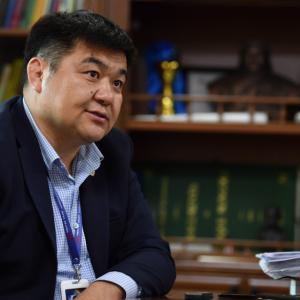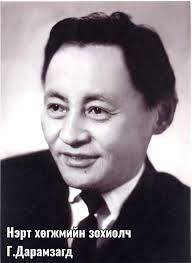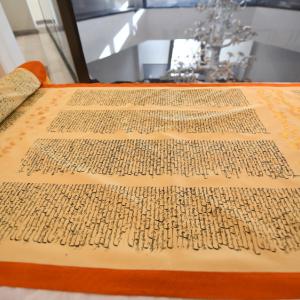O.Erdene: Cubans were not taken aback by our democratic transition
Politics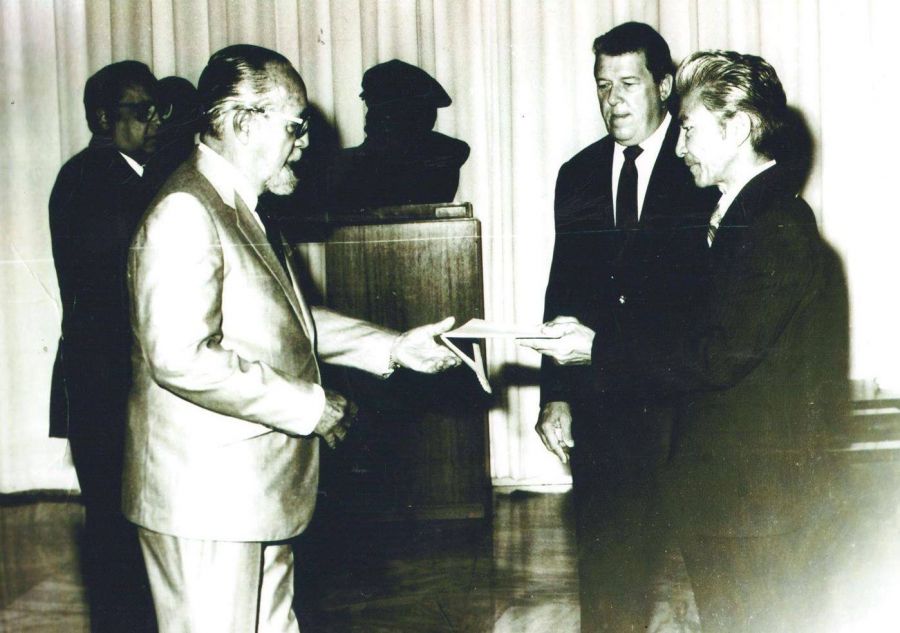
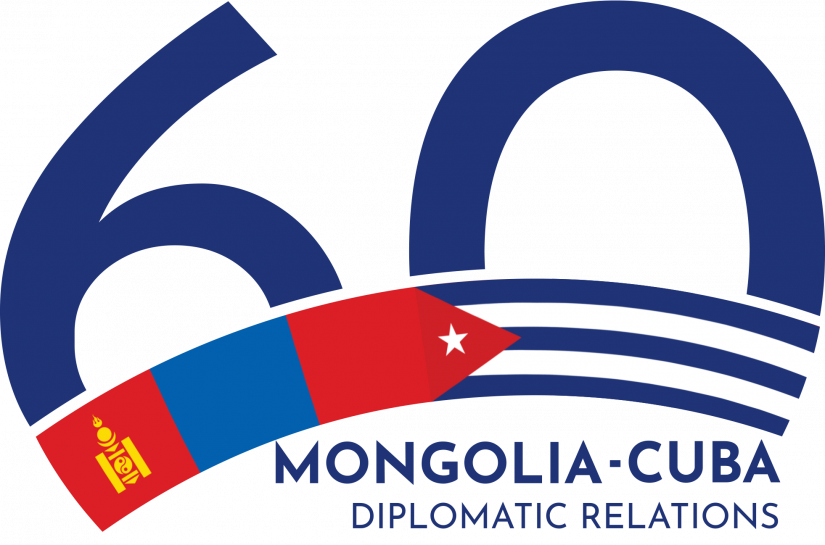
Ulaanbaatar /MONTSAME/
On the occasion of the 60th anniversary of the establishment of diplomatic
relations between Mongolia and the Republic of Cuba, we interviewed former
Mongolian Ambassador to Cuba O.Erdene, who was the first Mongolian to study in
Cuba.
--How did you begin
your journey with the country?
-I am one of the Altai boys born on the foothills of Sutai
Sacred Mountain. After graduating from school in Tonkhil soum, I landed a
university course in elementary education with Jasrai Puntsag who later became
the Prime Minister of Mongolia and went to the capital. As we graduated from
university, the State Institute of Education started offering a Russian
language teacher program. Writer L.Tudev was in that course I completed in
1956. In 1959, I was sent to Bayankhongor aimag with my wife and started
teaching at school.

But I wanted to study international relations including
Mongolia’s foreign policy, and its implementation. Luckily I got an opportunity to inform the
then Minister of Foreign Affairs of my wish during his visit to the aimag. He
said the Ministry of Foreign Affairs is responsible for the training of foreign
service officers and recommended making an application and preparing for the
exam. Then, in June 1962, I passed the exam. The ministry council convened and
decided to send three of the people who passed the exam to the Moscow State
Institute of International Relations. I was sent to Cuba with a guy named
Shatar who was a firefighter in Nalaikh even though I was hoping to go to the
MGIMO. When I was about to choose my major, they appointed me as Third
Secretary at the Embassy in Cuba, considering I have reached the appropriate
level for language proficiency. I was the first Mongolian to study in Cuba and
the first Mongolian Consulate General to be appointed to Leningrad.
-What was going on in
the country when you went there? It must have been hard for someone from a
four-season country to live in a tropical country?
-The country was in a difficult situation due to economic
and political pressure from the United States. Then leader of the country Fidel
Castro held public speeches a lot, calling on his people to be ready to protect
their country and donate their blood. We, students, gave our blood together in
preparation for the possible war between the two countries. However, thanks to
the Soviet Union’s decision to retrieve the ballistic missiles that could have
been a cause of the war, the use of military force was avoided and the
situation calmed down. I would frequently miss my home country that was far
away and sometimes rest on tall trees to escape heat. Even though the country
does not have much natural resources and livestock, on the mornings, bottles of
milk, one for each child, would be left on the doorstep of every household. I
wondered where the milk came from when there were not many cattle, but later
learned that it was the country’s government taking action to provide every
child with milk.

-How was the
relationship between Mongolia and Cuba before you assumed office? What events
took place in the relations between the two countries?
-The two countries traditionally have friendly relations.
The state of bilateral relations could be evaluated by the presence of
high-level state visits between the two countries. Chair of the People’s Great
Khural (then upper house of the parliament) of the Mongolian People’s Republic
Yu.Tsedenbal visited Cuba in 1972 and J.Batmunkh in 1984 and former Second
Secretary of the Communist Party of Cuba Raul Castro visited Mongolia in 1970.
Also, there have been humanitarian and education investments and students
exchanges. The country covers all expenses except travel for Mongolian students
on government scholarship. It has provided higher education for many
agricultural and healthcare professionals of Mongolia over the past six
decades. Even though the countries have an agreement to mutually exchange
students, only two students have come from Cuba so far, as Mongolian language
is not really used there.
-You have served as
Third Secretary at the Mongolian Embassy until 1966. How much had changed in
the country when you returned as an Ambassador after 22 years?
-Things were changed a lot. The country was in a stable
political and economic state. Yes, there were still difficulties, but it became
able to take care of itself without the need for foreign aid.
-What issue did you
focus on during your term as the Ambassador? What Cuban innovations did you
introduce to Mongolia?
-One thing I am proud of is the role I played in the
introduction of family health centers. I have always looked into good practices
that would be useful for Mongolia. The first thing I did as a Mongolian
Ambassador there was contact the Ministry of Health and other organizations
with the idea of introducing Cuban family health centers in Mongolia.
Immediately after, the Health Ministry sent a specialist and family health
centers were built in Mongolia. But the Cuban family health centers are
different from what we think them to be. There, health professionals provide
services 24 hours every day.
-The two countries
have signed three documents on legal, trade, and economic relations and
cooperation during your term as the Ambassador. The Agreement on the provision
of mutual legal assistance in civil, family and criminal matters between
Mongolia and the Republic of Cuba, for example, was established in 1989. What
caused the need for the agreement?
-When it was not allowed for a Mongolian to marry a foreign
national, two or three Mongolians wanted to marry Cuban citizens. That is why
the document came about. As for the causes for the ones on economic
cooperation, Cuba is located too far and there were problems with transport
costs and so on as Mongolia does not have sea access. Also, leather products
exported from Mongolia had been ruined on the way.
-Mongolia had
political and economic transition when you were in office as Ambassador. Did
that affect the relations between the two countries?
-We were both socialist countries at the time. But the open
and friendly people of Cuba were not taken aback at the news about our
transition to democracy.
-What are your
thoughts on the current relationship and future cooperation with Cuba?
-It is feasible for us to cooperate in every sector. Though
geographically distant, the two countries can deepen bilateral relations as we
both aim for development and prosperity. I have presented my letter of credence
to the heads of Nicaragua, Argentina, and Mexico as a nonresident Ambassador,
while the Embassy of Cuba in Mongolia is not in charge of countries other than
Mongolia. This shows how much importance it attaches to its relations with us
and with this, the relations between the two countries will surely expand
further.
 Улаанбаатар
Улаанбаатар






